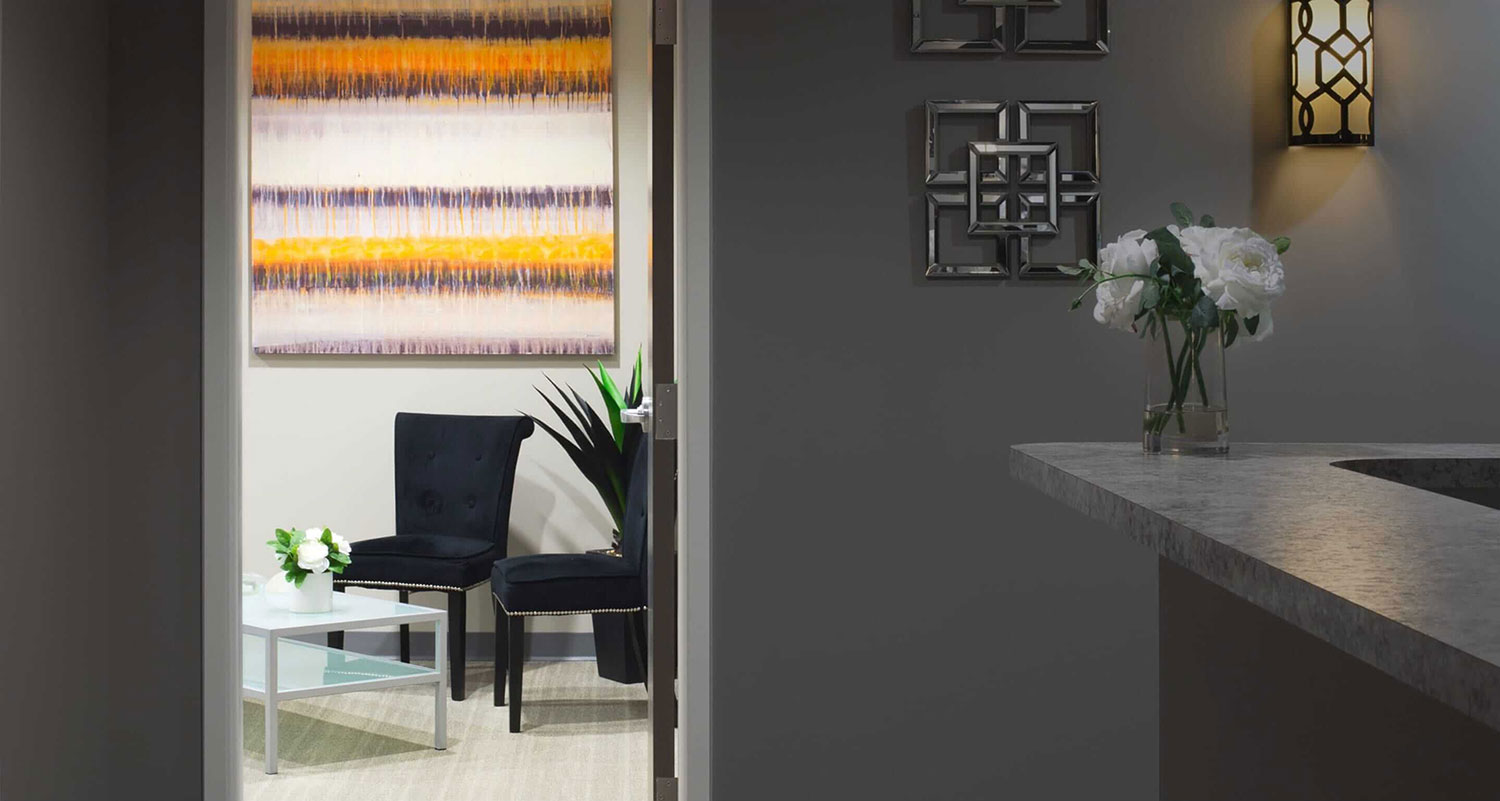The Aging Summer Sun: What You Can Do About It
- Squinting: We tend to spend more time outdoors in the summer but the sun will create lines around the eyes from squinting that we call ‘crow’s feet’. Squinting can make these lines deeper and since the skin is thin in this area already, the lines can set in faster. Using polarized sunglasses, a medical grade sunscreen such as our Visage MD Sun Protection, and a wide brim hat can work in your favor. Of course, medications such as Botox or Dysport can minimize your ability to squint minimizing the fine lines as well.
- Brown spots: The fairer your skin, the greater the likelihood of brown spot formation. If you already have brown spots, age spots, melasma, etc., then expect them to get darker. The best treatment is sun avoidance. Even the best sunscreens on the market (and we carry some of the best) won’t block every single UV ray. Sun avoidance isn’t always possible so using a wide brim hat, sunglasses, and clothing as much of your body as possible is recommended. More importantly, use a medical grade sunscreen, such as Visage MD Sun protection, and combine it with an antioxidant (UV rays create free radicals through oxidation so this helps your sunscreen work better) such as our Visage MD Vitamin CE serum.
- Acne: We sweat more in the summer and the sweat cools your body…when it isn’t humid. With increased humidity, it’s harder for the sweat to evaporate so it sits on the skin and can irritate existing Acne and cause breakouts. Take precautions to clean your face regularly and use low dose facial cleansers that exfoliate and cleanse daily such as our Brightening Cleanser and our Exfoliclear Acne pads.
- Dry Skin: During the winter months, dry heat and dry air makes our skin dry and flaky. Dry skin makes you look older (which is why we always ask patients to moisturize). During the summer, we tend to be indoors away from the heat, where air conditioners suck the moisture out of the air to cool the air. This can cause irritated dry skin as well. Using a light moisturizer such as our Visage MD Hydrating Serum or HylaCream in addition to a good sunblock can relieve dry skin. Using these moisturizers in the evening before bedtime can keep the areas of concern hydrated all night.
- Swimming pool and Sunburns: this ties into the brown spots discussion above and the best way to treat a sunburn is to avoid the sun and use a good UVA and UVB medical grade sunblook such as our Visage MD SPF 30 Sun Protection to protect yourself in the sun. All sunblocks begin to deactivate after about 120 minutes in the sun (even the good ones) so reapply every 2 hours you’re in direct sunlight. Also, even the ‘water-resistant’ or ‘waterproof’ sunblocks don’t work very well once you get out of the water, so dry yourself and reapply your sunblock!
- I got a sunburn!: again, the best treatment is prevention and sun avoidance. However, even then, sometimes we get a dreaded sunburn. If it happens, cool the skin surface the best you can and keep the area moisturized. Our Visage MD Hydrating Serum has been extremely popular for sunburns and soothes the burning skin at the same time. Of course, keep sunblock on the burned area to prevent further damage. Once the sunburn occurs, your skin will heal by peeling off the damaged skin and creating new skin which is more sensitive than the original skin so protect it!
- Skin cancers: Sunburned skin or skin exposed to high levels of UV radiation will ‘peel’ off sooner as your skin tries to remove the damaged skin and heal. Healing large areas of skin in a recurrent fashion increases the likelihood of a mutation as does free radicals formed from chronic sun exposure or sunburns leading to skin cancers. Medical sunscreens, such as our Visage MD SPF 30 Sun Protection, block both UVA and UVB rays.
What’s the best sunscreen?: UVA rays are responsible for lines, wrinkles, aging, and melanomas. UVB rays are responsible for brown spots, darkening of the skin (tanning) and other skin cancers such as squamous cell and basal cell. SPF is a measure of UVB blockade so clearly UVB block or SPF isn’t enough when we need a good sunblock. We need a broad UVA and UVB block and this is where the medical grade sunscreens come to the rescue as these work much better than over the counter sunscreens (some of them claim broad spectrum coverage but just barely). In addition to providing true broad spectrum UVA and UVB blockade, medical grade sunscreens are made to be worn all day so they don’t feel thick or heavy, and they make a good makeup base.


